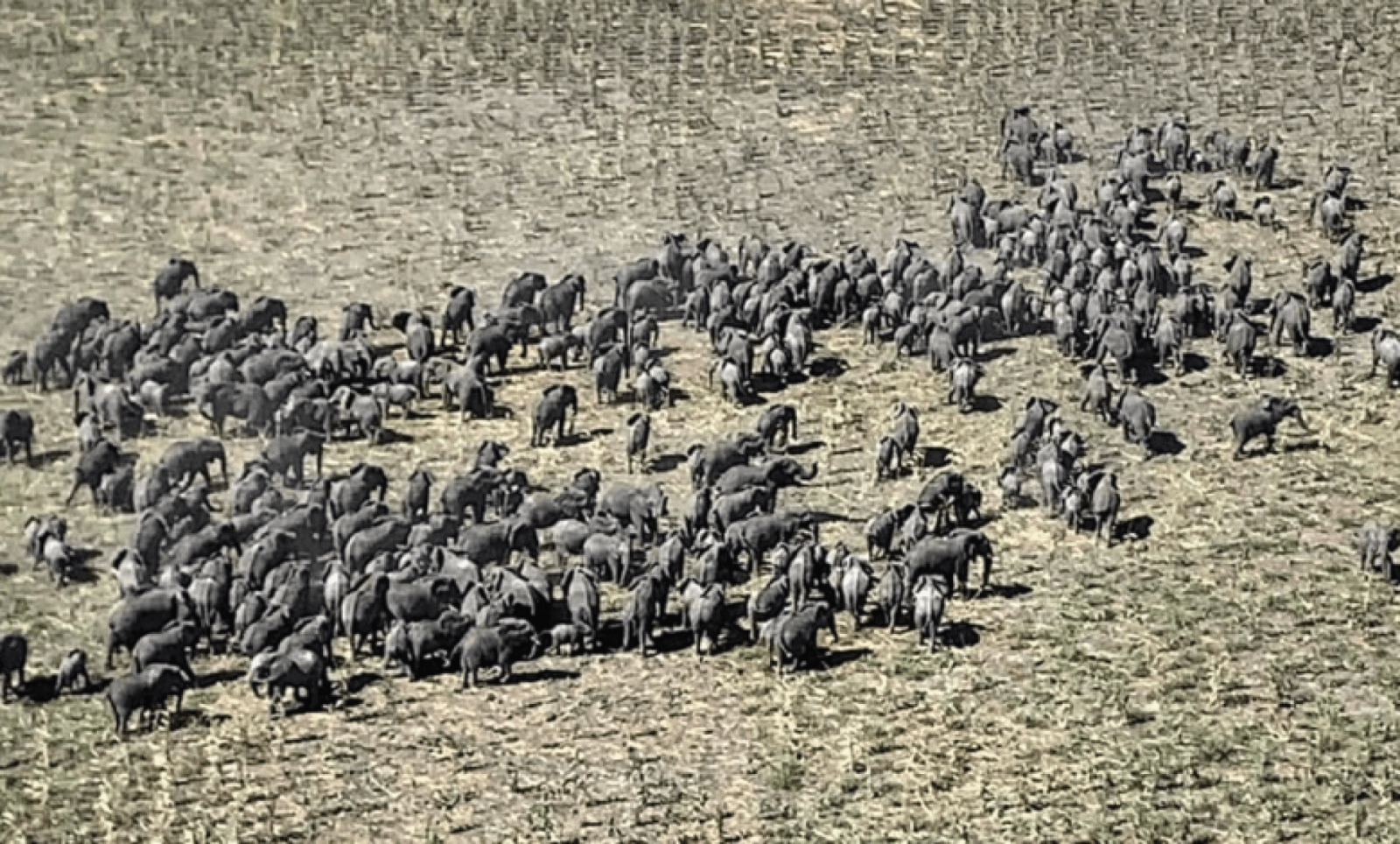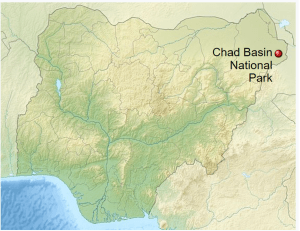
Chad basin national park and Erwa nature reserve
Chad basin national park is the Nigerian section of this reserve (also extending into Cameroon, Niger and Chad), the full ecosystem is an important area in Africa, covering an area of 2,258 km2 ). The Cameroon section is called Waza national park, The park is fragmented, with three sectors. The Chingurmi-Duguma sector is in Borno State, in a Sudanian Savanna ecological zone and then the Bade-Nguru Wetlands and Bulatura sectors are in Yobe State in the Sahel ecological zone. There will be more information for you on the areas outside Nigeria, on each of the other countries pages. it should be noted, that the national park is made up of 3 fragment, not one contiguous area.
ecosystem is an important area in Africa, covering an area of 2,258 km2 ). The Cameroon section is called Waza national park, The park is fragmented, with three sectors. The Chingurmi-Duguma sector is in Borno State, in a Sudanian Savanna ecological zone and then the Bade-Nguru Wetlands and Bulatura sectors are in Yobe State in the Sahel ecological zone. There will be more information for you on the areas outside Nigeria, on each of the other countries pages. it should be noted, that the national park is made up of 3 fragment, not one contiguous area.
Boundaries are not well defined, and fishermen grazers and farmers all operate within the area (this is quite understandably not great for conservation).
There has been significant investment in lodges, however, only a few hundred people visit the area each year. This is a problem, as many resources are still not up to scratch, but with so few people visiting, what is the point in investing. To make matters worse, as a result of unrest, it was closed for a time in 2021 (it is open now, but if people do not know if will be open, they are unlikely to book an expensive holiday to see it – it will take time for numbers to climb much further).
However, this website is to do with wildlife, its conservation, and helping you find amazing places to both experience it (to benefit people around the places you go, and the wildlife that still lives there). Remaining mammal species include hippopotamus, giraffes, clawless otter, crocodile, ostriches as well as many different species of birds and much more. Unfortunately, due to the livestock rearing within the park, lions and leopards have been eliminated. Rhino and elephant are also thought to be near extinction in this aera. Red fronted gazelle, which is a rare desert species is also in this reserve.
Another part of the protected area is Sambisa game reserve, which is an important sanctuary for a group of migratory elephants that numbers about 200. These herd migrates annually from Gujba Forest in Yobe State through Damboa, Knoduga, Gwoza and Askira/Uba Local Government Areas. Sambisa is also home to a variety of rare or endangered species of animals such as Ostriches, Roan antelope, Topi, Red fronted gazelle, Leopard, Secretary birds, etc.
As we grow our network of links, any for this area will appear below.